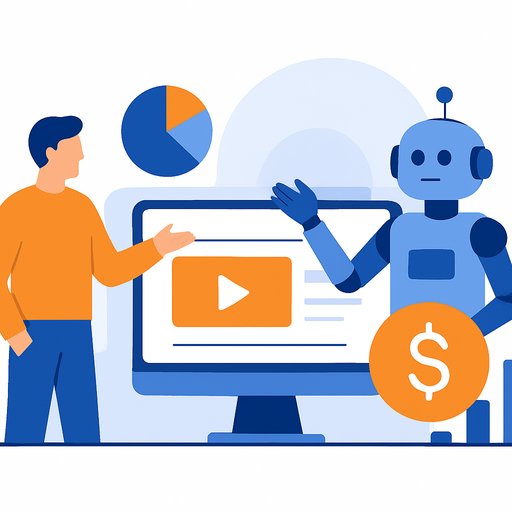TikTok’s AI Crackdown: New Community Guidelines Signal Tougher Times for Performance Marketers
TikTok is set to enforce stricter Community Guidelines starting September 13, 2025, which will significantly affect how affiliate and performance marketers operate on the platform. These updates focus sharply on AI-generated content and the use of automation tools, marking a clear shift toward tighter control over commercial activities.
Automation Arsenal Under Attack: The End of Bot-Driven Affiliate Strategies
TikTok now explicitly bans automation tools such as scripts, bots, and any methods intended to bypass platform systems. This means many affiliate marketers who rely on automated scheduling, engagement bots, or auto-commenting systems will have to rethink their strategies. Violations will lead to content removal, account bans, or other enforcement actions.
The platform’s enforcement technology has become highly advanced, with over 85% of violations caught by AI before users even report them. This makes it tougher for marketers to use automation without facing consequences.
AI Content Policies Create New Compliance Challenges
The updated guidelines require all AI-generated content to be clearly labeled. At the same time, TikTok prohibits AI content that could be misleading on important public topics or harmful to individuals. This dual requirement puts marketers in a tricky spot: being transparent about AI use while avoiding content being flagged as harmful or misleading.
The definition of “harmful” content is broad and evolving. Even AI-created product demos, testimonials, or educational videos can attract scrutiny if deemed misleading, regardless of labeling. Affiliate marketers must now lean toward more cautious content strategies to avoid penalties.
Regulated Goods Restrictions Reshape Vertical Opportunities
TikTok also updated policies on regulated goods, including gambling, alcohol, tobacco, drugs, firearms, and dangerous weapons. These come with strict compliance rules, notably requiring the use of TikTok’s built-in disclosure tools for promotional content.
This can be a hurdle for affiliates managing campaigns across multiple platforms who might not be familiar with TikTok’s specific disclosure systems. Staying compliant will demand greater attention to detail.
What It Means for Performance Marketers
- Automation strategies relying on bots or scripts are no longer viable.
- Clear labeling of AI-generated content is mandatory, with added risk for content that may be seen as misleading.
- Promotional content related to regulated goods must use TikTok’s disclosure features.
Adapting to these guidelines is not optional for anyone serious about maintaining a presence on TikTok. These changes align with a broader push across platforms to ensure authentic content and greater transparency.
If you want to explore how AI tools and automation can still support your marketing efforts in compliance with new rules, consider checking out relevant courses and certifications at Complete AI Training.
For full details, review TikTok’s updated Community Guidelines.
Your membership also unlocks:






